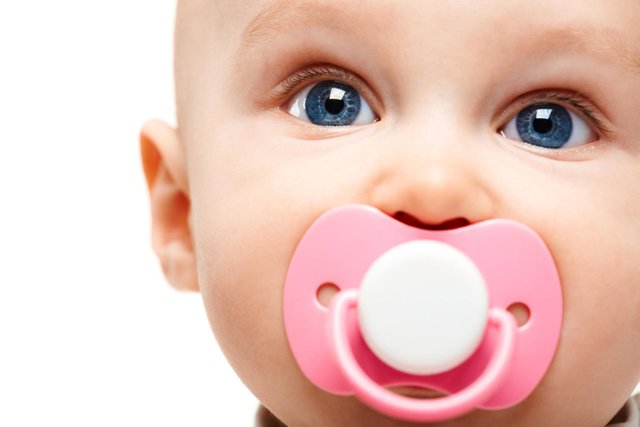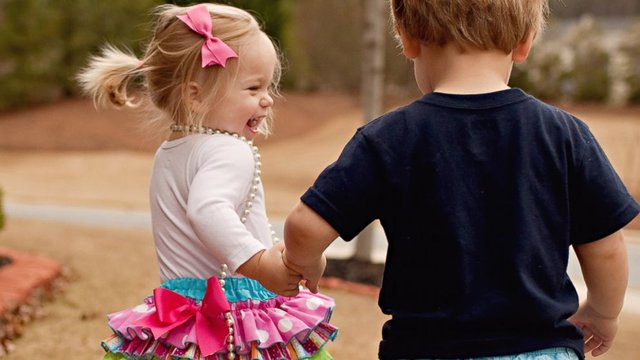Facts: Newborn baby sucks their fingers relates to mothers breast.
Facts: Why newborn baby sucks their fingers?

I'm sure that many of you have experienced or see babies sucking their fingers before. Are you curious of why babies have this kind of habit? A physician called Freud, proposed a theory with the reasons of why and he mentioned that each of us must pass through a series of stages during childhood, and that if we lack proper nurturing and parenting during a stage, we may become stuck in, or fixated on, that stage. Moreover, each children has a pleasure-seeking urges on different area of the body, which is called as an erogenous zone, at each of the five stages of development: oral, anal, phallic, latency, and genital.
Psychosexual Stages of Development

Oral (0-1 years of age):
The mouth is the pleasure center for development during this stage. This might be the main reason that infants are born with a sucking reflex and desire their mother's breast. If a child's oral needs are not met during infancy, negative habits such as nail biting or thumb sucking are developed as a habit to meet his or her basic need.Anal (1-3 years of age):
During this stage, preschool-aged children and toddlers begin excretion and they will face urine and feces. They started to learn on how to control to exert over their bodily functions during the toilet-training. Improper resolution of this stage, such as parents toilet training their children too early, can result in a child who is uptight and overly obsessed with order.Phallic (3-6 years of age):
The phallic stage is the third stage of psychosexual development, spanning the ages of three to six years, wherein the infant’s libido (desire) centers upon his or her genitalia as the erogenous zone. When children become aware of their bodies, the bodies of other children, and the bodies of their parents, they gratify physical curiosity by undressing and exploring each other and their genitals, the center of the phallic stage, in course of which they learn the physical differences between “male” and “female”, and the gender differences between “boy” and “girl”, experiences which alter the psychologic dynamics of the parent and child relationship.
Latency (6-12 years of age):
In this stage children are learning to see the relationship between perseverance and the pleasure of a job completed (Woolfolk, 1987). The important event at this stage is attendance at school. As a student, the children have a need to be productive and do work on their own. They are both physically and mentally ready for it. Interaction with peers at school also plays an imperative role of child development in this stage. Difficulty with any of these leads to a sense of inferiority.Genital (12+ years of age):
The final stage of psychosexual development begins at the start of puberty when sexual urges are once again awakened. Through the lessons learned during the previous stages, adolescents direct their sexual urges onto opposite sex peers, with the primary focus of pleasure is the genitals.Sources: https://www.boundless.com/psychology/textbooks/boundless-psychology-textbook/human-development-14/theories-of-human-development-70/freud-s-psychosexual-theory-of-development-267-12802/
https://allpsych.com/psychology101/sexual_development/
